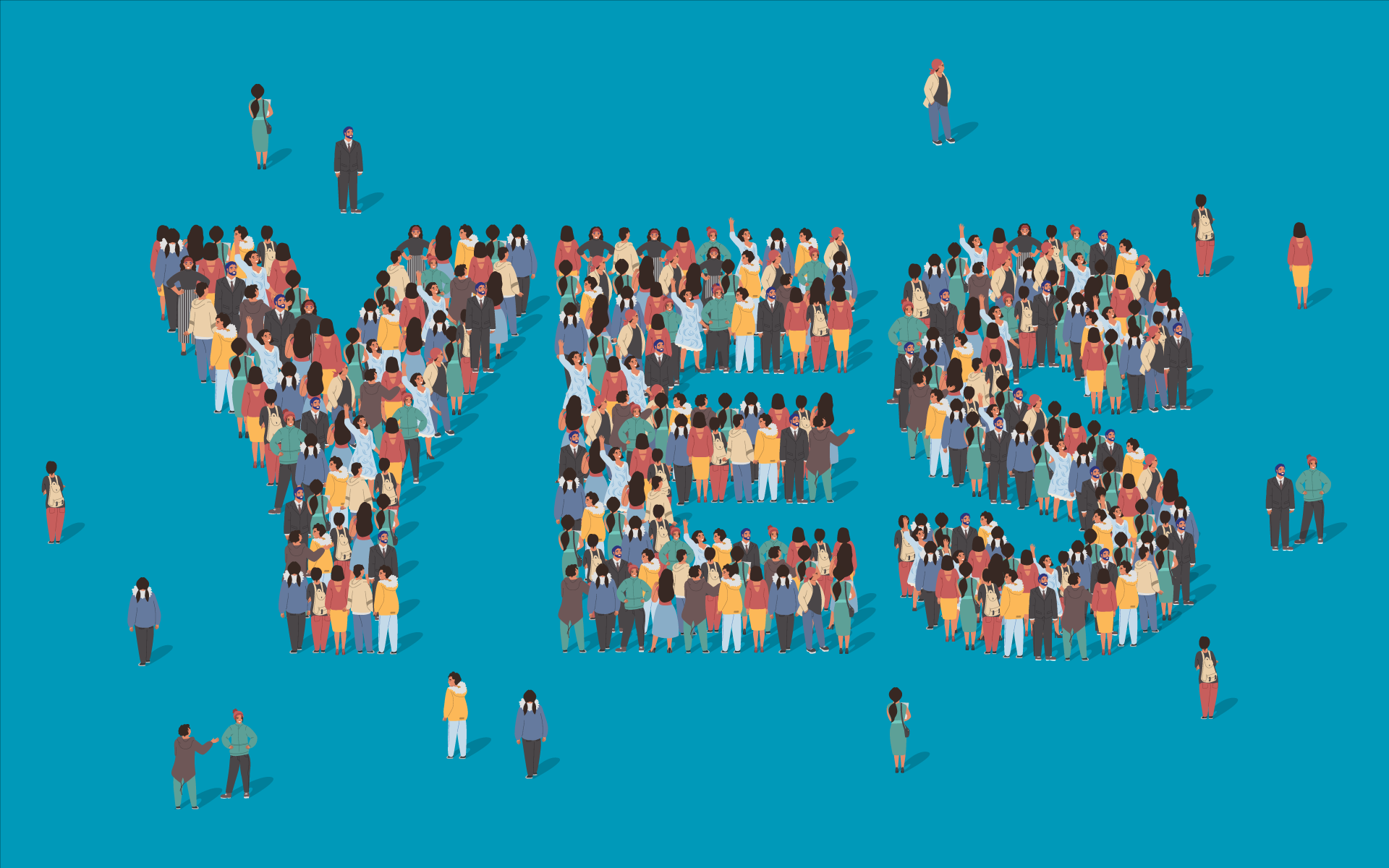Twenty years ago, starting out with my little business, I needed to cold-call people to get work.
It wasn’t easy, making these unsolicited calls, but I had no option.
My best friend told me that in order to succeed, I’d need to get in people’s faces.
It took some gumption, phoning people out of the blue. People know why you’re calling – you want something from them, and naturally, they’re on guard.
If you’re offering something in exchange, there must be a catch, no? This was tricky terrain. I learnt to be myself, and explain what I was doing.
It strikes me that the art of cold-calling has died a quiet and lonely death, laid to rest under the servers, cables and modems of the call centres where people run off banal scripts and tick boxes to meet targets.
These calls are simply extractive one-offs. For me, cold-calling was about initiating, cultivating, and maintaining a relationship that might one day lead to a sale. But the relationship must come first.
Most of the people I called didn’t need what I was selling. It was a nice-to-have, not so much a must-have.
First, there were the gatekeepers. If I got past them – switchboard, receptionist, PA – I might have the ear of the person who could sign off on a job.
Since what I was hawking was an experience, not a widget, the idea was to entice the potential client into a state of curiosity sufficient to agree to a meeting.
Or preferably, to invite them to see our work in action, being done for another client. (With that client’s consent, of course.)
We were doing a show at the Waterfront in Cape Town for a well-known client. It struck me at the last minute to call someone from a nearby building, one of the “big four” banks, to possibly meet me there.
I was put through to “someone in marketing”. Nicola (not her real name) met me later that day, and seemed to enjoy what she saw.
Something remarkable occurred. Over the next 20 years, as Nicola moved from one blue-chip asset management company to another, from a major insurance business into healthcare, she took me with her.
I’ve done a lot of great work with her over the years. Some of it was crazy, like ambushing open-plan offices with referees and linesmen and freestyle footballers during the World Cup.
Some of it more sober, like designing and running induction programmes. We’re about to start a new podcast together, at a new business she’s joined.
And during all this time, I’ve watched, from afar, her children being born and growing up. Although I’ve never met her husband, I’ve become fond of him, in a remote way.
Nicola jokes about me showing up at her funeral, and being mistaken for her secret lover.
Other clients have taken much longer to say yes. Still, it’s always been about the relationship, and being myself.
This has held true in many other aspects of my life, whether it’s with an estate agent or the owner of the corner café.
Remembering one job in particular gives me some impetus to continue, even as the situation becomes increasingly difficult for this kind of work.
The post-Covid economy seems to be more interested in processes than people, even if people comprise the process desired.
Also, there’s very little cash about, apparently, with budgets slashed. Back in the early days of my business, I secured a meeting with an HR manager in a factory outside Cape Town.
She showed me around, and that was that. Nothing came of it. For 16 years I called sporadically and emailed, never expecting much, just staying in touch.
Finally, one day, she called to set up our second meeting. We did some great work with the people in that factory.
It feels like getting to yes has become more precarious these days, and there’s more at stake.
I’ve learnt that I can be lucky, and that it can happen quickly sometimes, but that slow is just as good. It might not happen today; it might not happen in 10 years’ time. But one day it will. Somebody will say the magic word. Yes!

Leave a Reply